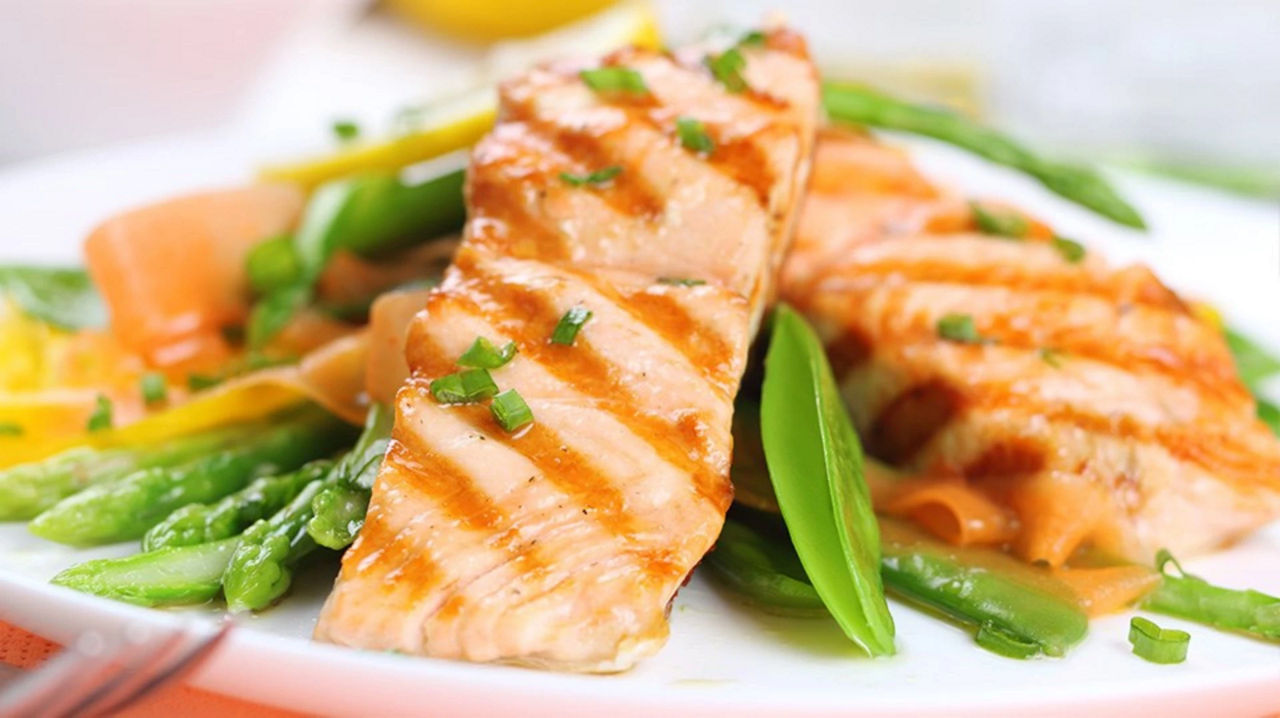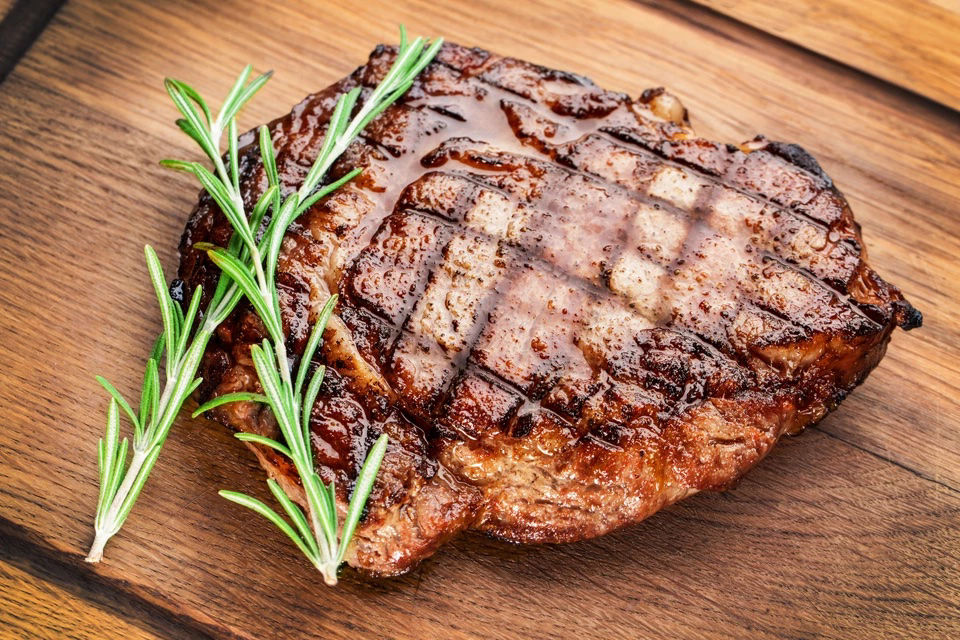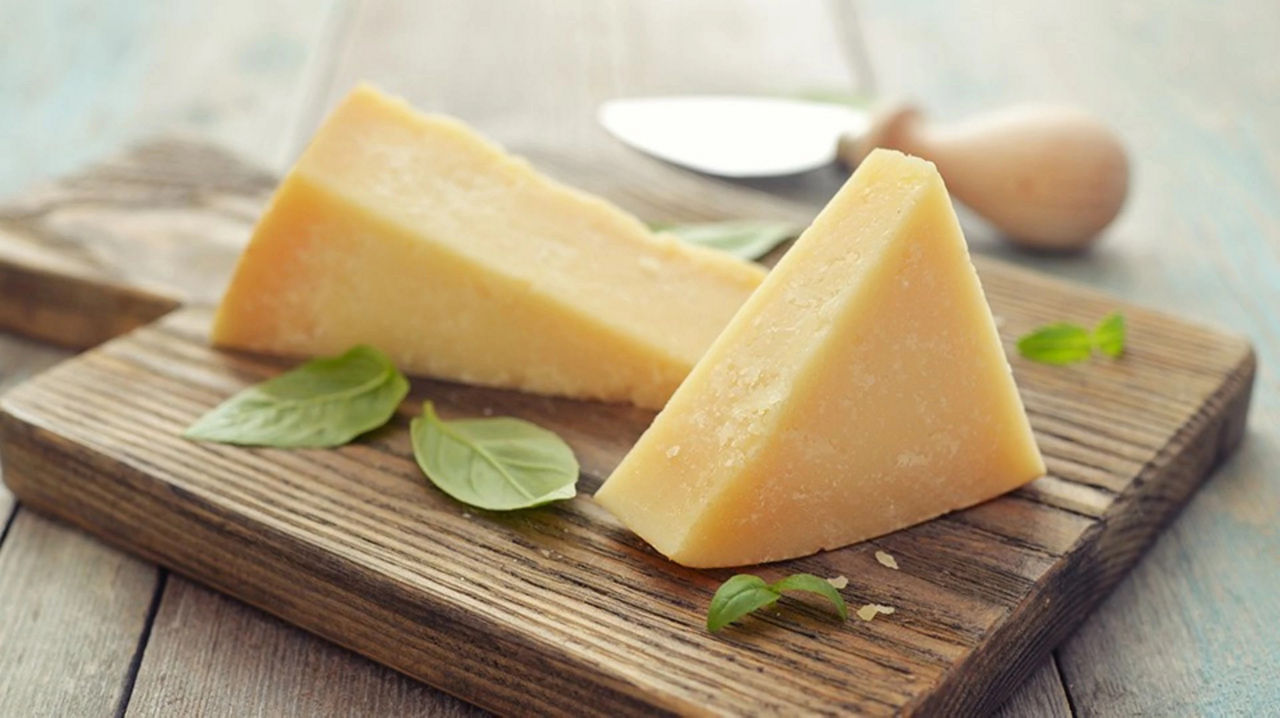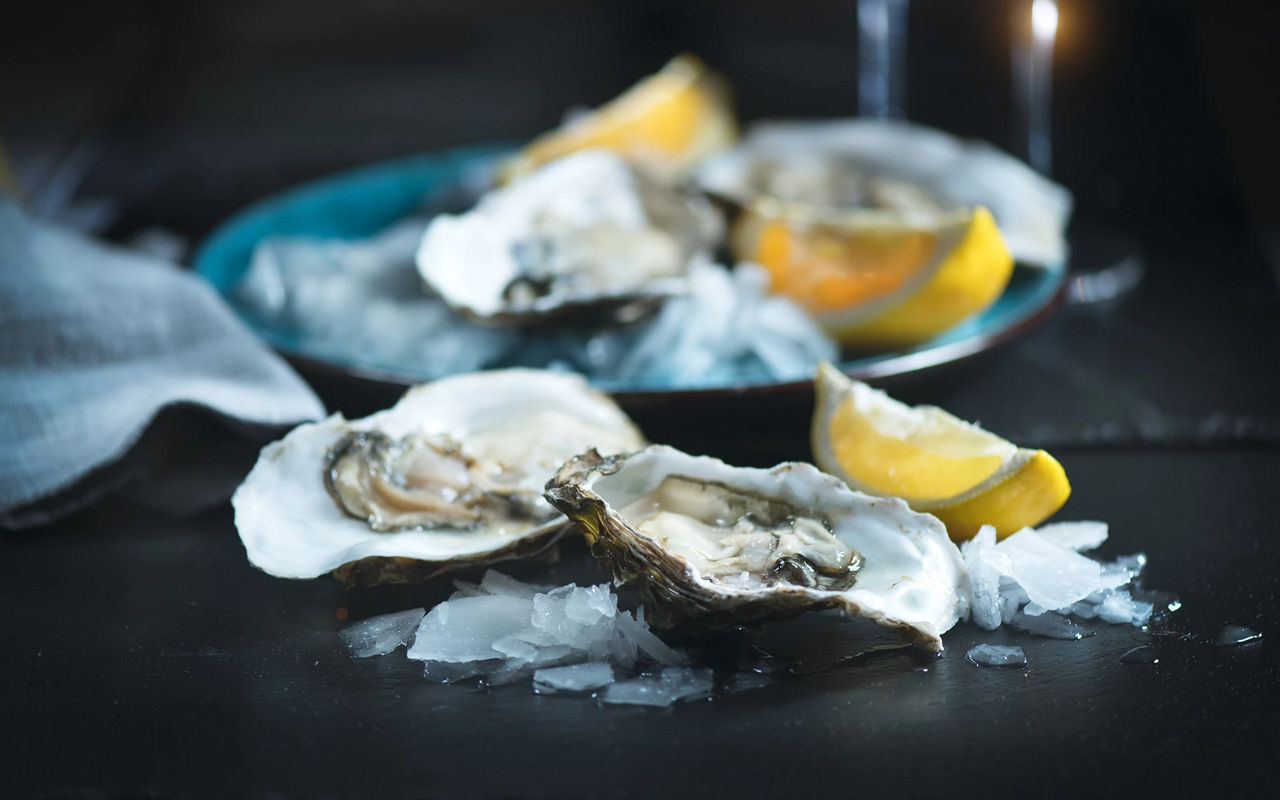If you're a fish lover, there’s no need to miss out on your favourite dishes during your pregnancy. Fish provides protein, and oily fish in particular are a source of DHA – a type of Omega 3 LCPs (long chain polyunsaturated fatty acids) known to contribute to brain development1. Read more about Omega 3 LCPs and the role they play in pregnancy. However, there are some types of fish that you should avoid and others that you should only eat every now and then. Read on to discover which fish you should add to your diet and the ones to avoid during your pregnancy.
Can you eat fish when you’re pregnant?

Fish to avoid when you're pregnant
Shark, swordfish and marlin are slow-growing fish which makes them more likely to have high mercury content. Mercury can affect your baby’s developing nervous system, so you’re advised to avoid these fish completely during your pregnancy2. Discover which foods to avoid during pregnancy and the vitamins and supplements you need when you’re pregnant.
Oily fish such as salmon, trout and mackerel may contain pollutants, so you’re advised to eat no more than two portions of any oily fish per week2. Read on to discover which fish are safe to eat during pregnancy.
Smoked fish – including smoked salmon – is considered safe to eat in pregnancy3, but limit servings of oily fish to two portions per week2.
Yes, cod is a white fish and safe to eat when you’re pregnant. Other white fish like haddock, monkfish and plaice, as well as cooked shellfish are all safe to eat as part of a healthy pregnancy diet 3.
As long as it has been frozen first, the NHS recommends that it’s usually fine to eat raw or lightly cooked fish when you’re pregnant3. If you’re in any doubt, you may want to opt for sushi made with cooked fish or vegetarian varieties instead3.
Tuna contains more mercury than other types of fish, so it’s recommended that you limit your intake to no more than two tuna steaks (about 140g cooked or 170g raw each)2 or four medium-sized cans of tuna per week (about 140g when drained)2. As tuna isn’t an oily fish, your weekly intake of tuna can be on top of your maximum oily fish intake of two portions per week.
Yes, but anchovies are an oily fish so just be sure to limit your intake to two portions per week3.
Yes, but not too often. Seabass can contain similar levels of certain pollutants as oily fish, so it should be included within your maximum intake of two portions per week2.
Yes, but as it’s an oily fish, remember to limit intake to two portions per week3.
| Fish | Safe or not? |
|---|---|
| Smoked Salmon | ✓ But limit servings of oily fish to two portions per week |
| Cod | ✓ |
| Sushi | ✓ As long as it has been frozen first |
| Tuna | ✓ No more than two steaks or four medium-sized cans per week |
| Anchovies | ✓ But limit servings of oily fish to two portions per week |
| Sea bass | ✓ But include it within your maximum intake of two portions of oily fish per week |
| Mackerel | ✓ But limit servings of oily fish to two portions per week |
Related Topics
Read next

Get in touch with our Careline experts
Our nutritionists and feeding advisors are always on hand to talk about feeding your baby. So if you have a question, just get in touch
- European Union. Commission Regulation (EU) No 440/2011 of 6 May 2011 on the authorisation and refusal of authorisation of certain health claims made on foods and referring to children’s development and health. OJ L 119 2011;4-9.
- NHS. Should pregnant and breastfeeding women avoid some types of fish? [Online]. 2018. Available at: www.nhs.uk/chq/Pages/should-pregnant-and-breastfeeding-women-avoid-some-types-of-fish.aspx?CategoryID=54&#close [Accessed February 2020]
- NHS. Foods to avoid in pregnancy [Online]. 2017. Available at: www.nhs.uk/conditions/pregnancy-and-baby/foods-to-avoid-pregnant/#fish-and-shellfish [Accessed February 2020]
Last reviewed: 09th September 2020
Reviewed by Nutricia’s Medical and Scientific Affairs Team



